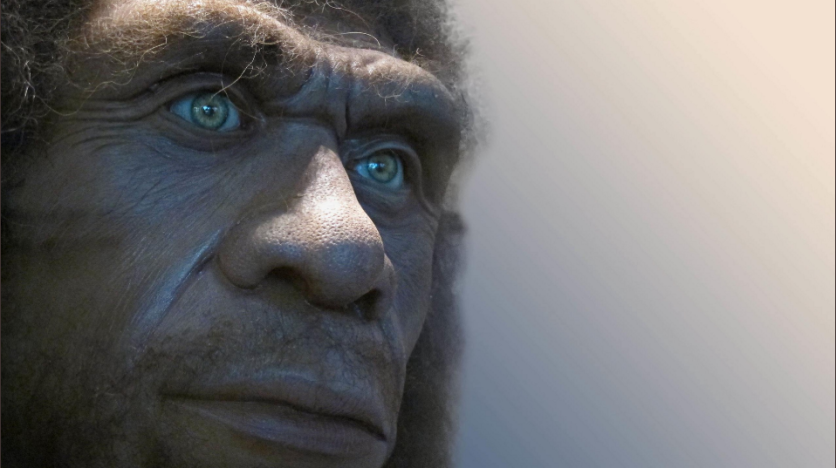When we think of our ancestors the Neanderthals, it's common knowledge that they needed only the basic needs to survive as well as their wit and instinct. A recent study shows that they ate healthier food and lived a more eccentric life when it came to their diet.

Read More: Organ Transplanation to Fix Hair Loss? Cells Might Be The Key, Study by Experts Shows How
What Did The Study Find
Neanderthals were not just the brutes of old who hunted mammoths in frozen climates but are skilled fishermen and that seafood as their primary source of food. Surprising, but true.
Over 80,000 years ago, Neanderthals were regularly feeding on fish and other marine life. This was further proven by a coastal cave in Portgual where it there it was filled with fish bones, crustacean shells, and all manners of traces that would make scientists believe that they indeed had this meal more often than not.
The cave "provides the first record of significant marine resource consumption among Europe's Neanderthals," which they mentioned in the study.
Fishing and shellfish gathering was a large part of the economy of the Neanderthals during their time, the usage of food taken from the sea is still obviously prevalent to us humans today, and it was something our ancestors did even before us. Homo sapiens were believed to be the first ones who were incorporating seafood as their diet, but this study debunks that theory.
What Have They Been Eating Really
In addition to the food they get from the land, their diet also included crustaceans, mussels, and you guessed it, fish. They also came across consuming waterfowl and marine mammals like dolphins and seals. This gave them the nourishment of omega-3 fatty acids and other acids that promote the development of the human brain, which contributed to their evolution down the line.
The lead study author João Zilhão, a researcher from the University of Barcelona, had this to say: "f this common consumption of marine resources played an important role in the development of cognitive skills, it did so on the entire humanity, including Neanderthals, and not only the African population that spread later,"
Scientists believed that they showcased increased cognitive ability that boosted the Neanderthal's capacity for abstract thought.
Dirk Hoffman, co-author and hailing from the University of Gottingen in Germany, said. "Among other influences, this could also explain the early appearance of a culture of modern people that used symbolic artifacts, such as body painting with ochre, the use of ornaments or the decoration of containers made of ostrich eggs with geometric motifs,"
"Such behavior reflects human's capacity for abstract thought and communication through symbols, which also contributed to the emergence of more organized and complex societies of modern humans."
Interestingly enough, the recent finding also showed that the Neanderthal's had a "surfers' ear," which led to them suggesting that they did dive to collect shells for not just food but use as tools. This was reported by the Guardian.
ⓒ 2025 TECHTIMES.com All rights reserved. Do not reproduce without permission.




